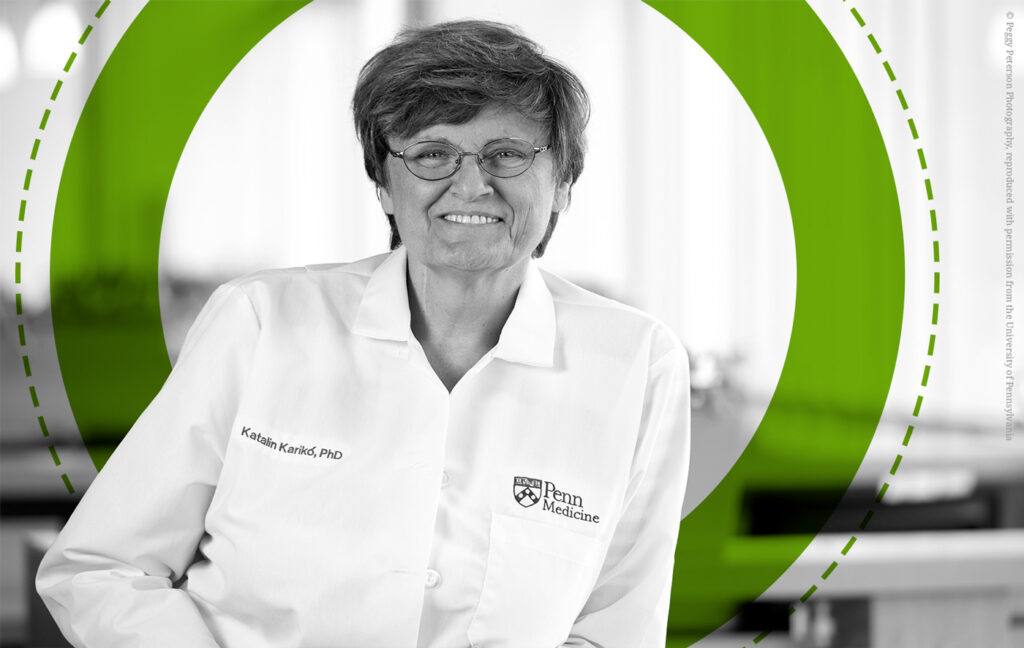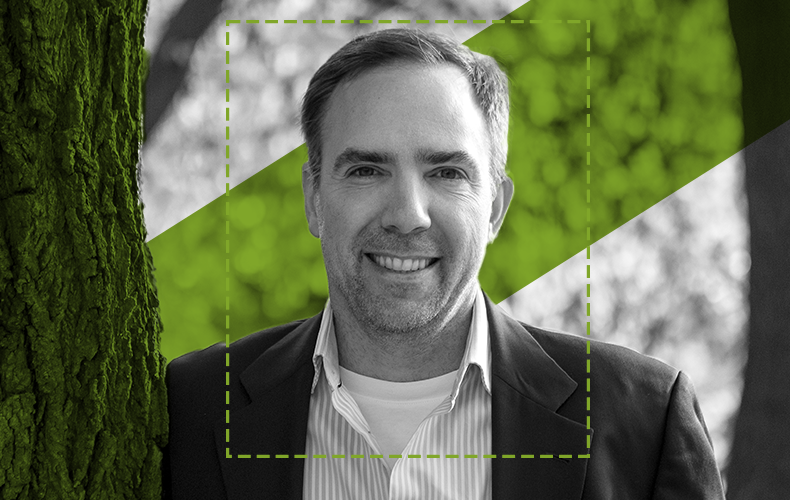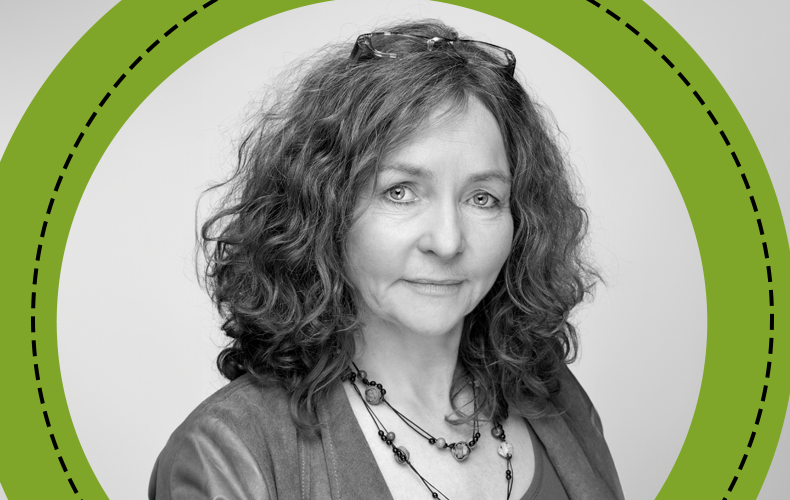5 October 2023 –This week, the 2023 Nobel Prize in Physiology or Medicine has been awarded jointly to Katalin Karikó and Drew Weissman. EMBO spoke to Karikó about her inspiration, career and being in the spotlight. She is a professor at Szeged University, Hungary, and adjunct professor at University of Pennsylvania, Philadelphia, USA.
You have a new book out in October 2023: Breaking Through: My Life in Science. What do you hope that people take away from reading it?
Over the course of my career, I have met many scientists, particularly women, who have had to give up their dreams due to factors out of their control. Yet we don’t know what amazing discoveries we have missed out on as a result. I hope my book can shine a light on the importance of providing opportunities for women and other under-represented groups. I also want to inspire young people to recognize the importance and wonder of immunology, and to encourage early career researchers to be resilient when things don’t go to plan.
What inspired you to become a scientist?
In elementary school, I was asked to write an essay on the importance of naming and classifying living organisms. I learned how this allows scientists to know quickly without ambiguity that one is talking about a certain animal or plant and what an interesting subject biology can be. I have been hooked ever since! I think that no matter your background, school plays such an important role in shaping your future.
How were your own school years formative?
I soon learned that no one is going to hand things to you on a plate, so I developed a strategy of setting goals, completing them, setting more ambitious ones, and most importantly being resilient in the face of setbacks. As an example, once a teacher introduced our class to stress theory. From this, I saw the benefits of managing stress proactively. Failure is part and parcel of scientific life, and I found it very useful to develop personal ways of turning ‘bad’ stress into ‘good’ stress and swiftly and determinedly moving on from failures.
In what way did this benefit your career?
My journey in science has not been smooth: in the 1980s, I couldn’t find a position in Europe to continue my work on RNA and when I was offered a job in the USA, I decided to move there with my young family. Due to restrictions at the time, when we left Hungary, we had to hide what little money we had in my daughter’s teddy bear and hope that we did not get caught. We didn’t. Unfortunately, I have never been able to secure grant funding or a permanent position.
I was always driven by the joy of scientific research: those rare yet amazing moments when you finally put together pieces of a puzzle in the right way and realize you are the first person to understand something. Using that as a personal motivation, as well as the serendipitous encounters I have had with the people I have worked with along the way, have been essential components in my career.
Where do you turn to for inspiration?
A hobby of mine is to browse through historical research papers. Oftentimes scientists would candidly describe their thoughts to the point where you can really get an insight into their creative processes—how they were thinking and feeling, and the steps involved in proving or disproving a hypothesis.
One great example is a paper by Francis Crick, Sydney Brenner and colleagues, which details a series of intricate experiments that proved that the genetic code for proteins was a three-nucleotide code that does not overlap or share bases. Despite little being known about the nature of the genetic code at the time, they answered questions that have since underpinned advances in genetics and genomics.
Other historic papers guided me in my own work, including early research recognizing the impacts of immune response in disease, and in understanding what was causing that response. In many cases the researchers have seen and described what is happening, but the knowledge just wasn’t there for them to understand what it meant. I have so much respect for these people who came before us.
What impact has global recognition for your work, including becoming an EMBO Member, had on your life?
I won my first award in an open biology exam in 1973, and the next one didn’t come until the 2020s. I have been proud to receive so many incredible prizes, with one of the highlights being elected as an EMBO Member. EMBO has been incredibly important in supporting researchers and driving advances in molecular life science research since it was founded in the 1960s.
Being in the spotlight does not come naturally to me: I was always very happy working in the lab. However, the honours I have received come with responsibilities and I want to help the next generation of scientists to remain motivated, to not get disappointed early on, to know that scientific life can be a lot of fun, and to realize that if I can succeed so can they.
Also the read the interview “Getting the message right” with mRNA vaccine pioneer Katalin Karikó published in EMBO Reports.



